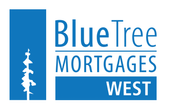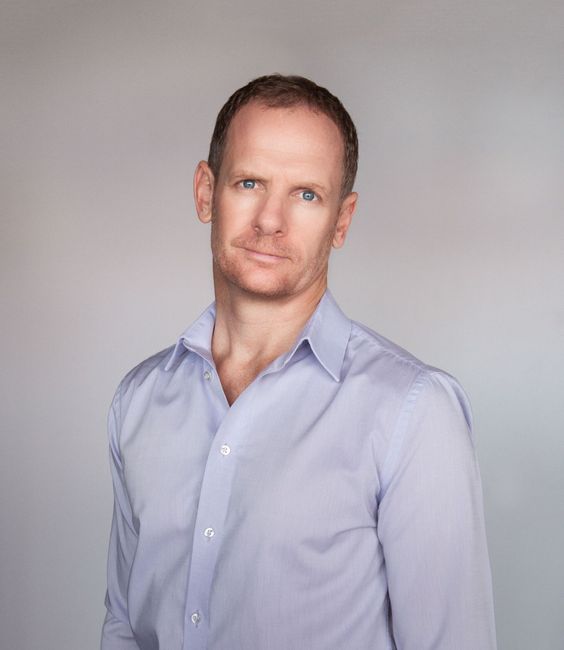ANDREW MACRAE
Mortgage experience you can rely on
Creative Mortgage Solutions & Exceptional Service
Mortgage financing can be frustrating
It doesn't have to be with these 3 easy steps
Get started right away
The best place to start is to connect with me directly. The mortgage process is personal. My commitment is to listen to all your needs, assess your financial situation, and provide you with a clear plan forward.
Get a clear plan
Sorting through all the different mortgage lenders, rates, terms, and features can be overwhelming. Let me cut through the noise, I'll outline the best mortgage products available with your needs in mind.
Let me handle the details
When it comes time for arranging your mortgage, trust that I will make it happen. I'll make sure you know exactly where you stand at all times. No surprises. I've got you covered.
Everything you need, all in one place
As a trusted mortgage provider, I can help you with the following:
- Home Purchase
- Mortgage Refinance
- Mortgage Renewals
- First Time Home Buyers
Are you ready to buy a new home, refinance, or renew an existing mortgage? Start your application now.
Thanks for visiting my website, I’m a partner and mortgage professional with Bluetree Mortgages WEST, working out of Kelowna since 2009. My office is located near the city centre on Clement Avenue however I’m also happy to assist you over the phone or by email, whatever is most convenient.
As a mortgage broker I can provide you with access to a wide range of lenders including banks, trust companies, credit unions and mortgage specific lenders. Once we decide on a structure, my team will source the best rates and terms for approval and coordinate all the lender paperwork on your behalf. In almost all scenarios the lender compensates me directly so you receive the advice and service of a licensed mortgage professional, access to the best available rates, all at no cost to you.
I look forward to helping you with your next mortgage!
What people say about
working with me
Articles








